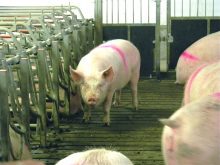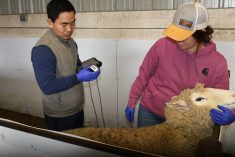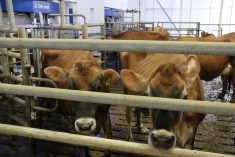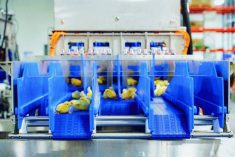Food companies and farms selling products in other provinces or internationally will need detailed preventive control plans
 Traceability will gain a more prominent place on the menu, and food companies will be required to develop preventive control plans under a new regulatory plan proposed by the Canadian Food Inspection Agency.
Traceability will gain a more prominent place on the menu, and food companies will be required to develop preventive control plans under a new regulatory plan proposed by the Canadian Food Inspection Agency.
The proposals, which follow the passage of the Safe Food for Canadians Act last fall, still have to be put into the form of regulations. Draft regulations will be issued for comment next spring, with implementation in January 2015.
Read Also
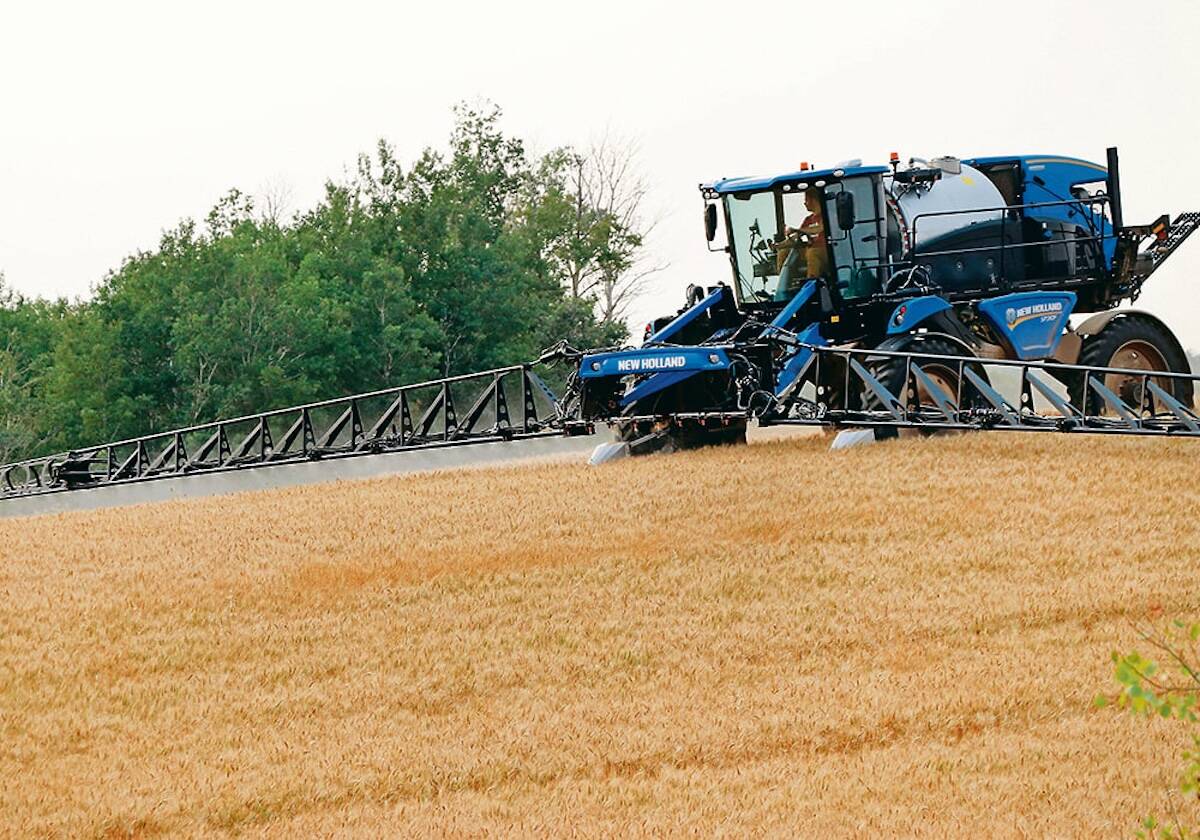
Farming still has digital walls to scale
Canadian farms still face the same obstacles to adopting digital agriculture technology, despite the years industry and policy makers have had to break them down.
The regulations will require food companies selling products in other provinces or internationally to detail preventive control plans, including how they will deal with “deviations and respond to unforeseen food safety situations.”
Farms that ship to other provinces or internationally would also be required to have preventive control plans in place. The draft plan notes “a food safety outbreak originating from a single farm could have devastating economic consequences to the entire sector and diminish consumer confidence in fresh fruits and vegetables.”
The traceability will require food companies to maintain records on inputs and distribution one step up and down the food chain. For example, a processor would have to know who supplied ingredients and what retailer or distributor bought the plant’s product.
That’s the bare minimum in traceability, and is already happening in many livestock sectors and food companies, said Brian Sterling, president of SCS Consulting which advises food companies.
“Traceability is a fact of life for almost every other commodity that consumers buy, yet somehow we have not embraced traceability’s potential in the world of food,” he said. “I cannot buy an iPhone that does not have complete traceability back to its basic components. Yet what we put into our bodies is rarely traceable to source. Why is that?”
Implementing full traceability is far cheaper than one major food recall, he added.
“Most of the information we need is already being collected, we just have to use it,” he said.
The new rules would also require a company to provide information on their production output on request within 24 hours. During last year’s XL Foods contaminated beef incident, the meat packer took a long time to produce records — which were boxes of paper documents CFIA staff had to dig through. That delayed efforts to contain and round up contaminated products.
Food companies will also be required to immediately inform the CFIA if they suspect they may have a food safety problem.
The agency said it will try to design rules that won’t bury small and medium enterprises in requirements that are overkill for the size of their operation or range of products.
The new regulations would enable the minister of agriculture, to suspend the operating licence of any company or importer that doesn’t comply with food safety rules, and cancel it if the company provides “false or misleading information.”







